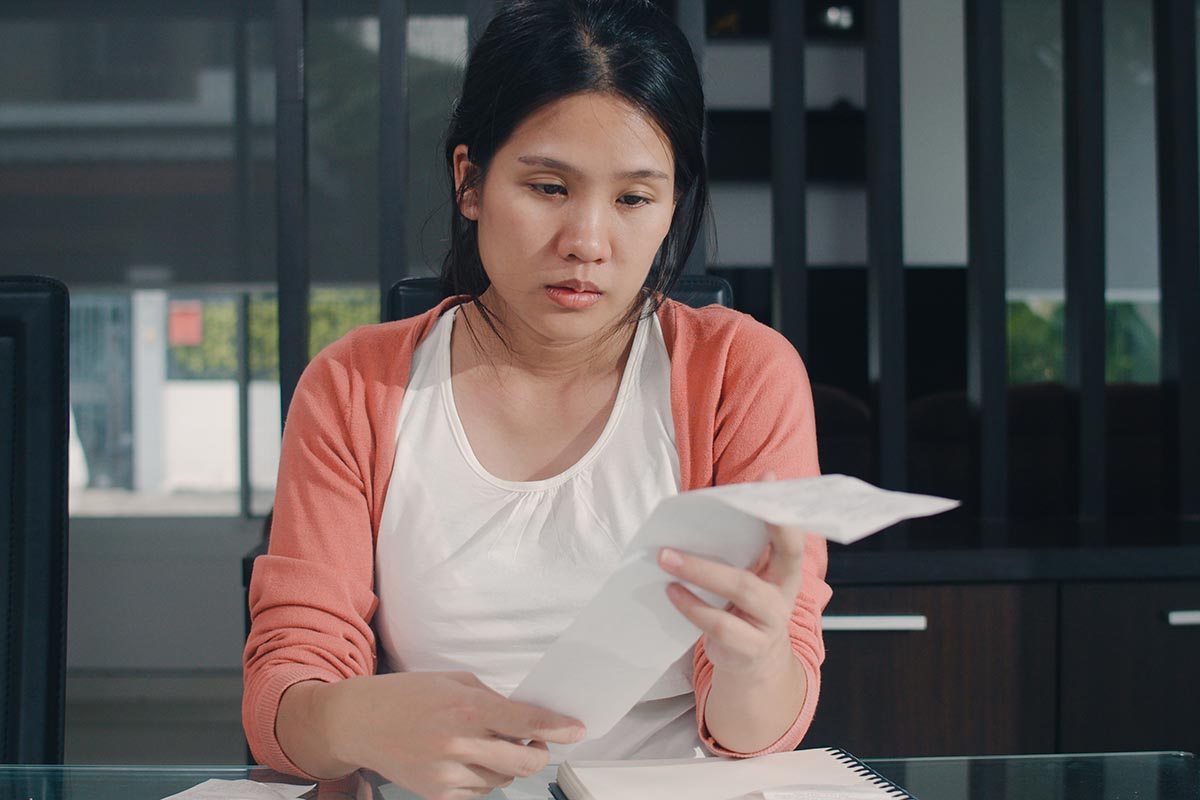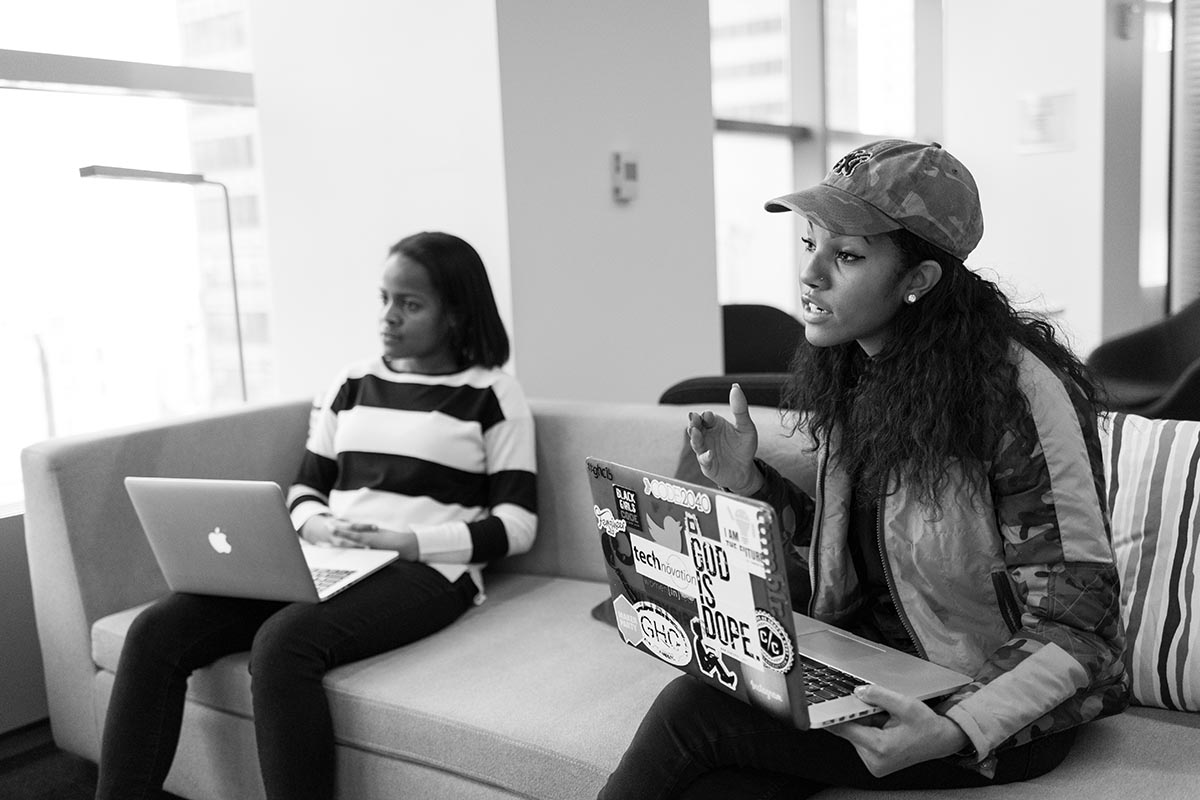Everything You Need to Know About LAs Social Equity Program
The explosion of cannabis usage and increasing legalization led to the need to enact laws to accommodate the changes. The enforcement of cannabis laws and their criminalization has harshly impacted people from minority communities and low-income earners for a long time.
Under the Medicinal and Adult-Use Cannabis Regulation and Safety Act (MAUCRSA), selling cannabis products to consumers is a crime unless the distributor has a license. Only license holders can sell or transport cannabis products like CBD, strains, hash, etc.
To address these issues around cannabis, LA is developing and enforcing new cannabis policies under the LA’s Social Equity Program. This program will make the cannabis policies fair to all city residents. Read on to discover more crucial information about how this program works and how you can qualify.
What Is LA Social Equity Program?
This program’s main goal is to reduce inequalities facing marginalized communities and promote equitable opportunities in the cannabis industry. It will create better life outcomes for victims of the state’s war on cannabis and allow the state to offer assistance through funding, licensing, and physical space. However, there are strict requirements that cannabis business owners and distributors should meet to qualify.
Benefits of LA’s Social Equity Program
The launch of the Social Equity Program comes with many benefits to those who qualify. The City is set to issue about 300 cannabis dispensary licenses to social equity beneficiaries. Along with them, one can also expect the CBD vape kit business to bloom. Here is what you may enjoy if you are eligible:
- Priority processing;
- Verification of your qualification without site verification;
- Training through an incubator;
- Help with your licensing and business compliance;
- Fee waiver;
- Access to funds.
What Are the Qualifications for LA’s Social Equity Program?
Based on the factors influencing the groups of people most affected by the previous cannabis laws, LA’s city has come up with three requirements. Here are the requirements that can qualify you for the social equity program.
Tier 1:
Low income and prior California Arrest or Conviction
According to LAMC Sec. 104.20, any income that is 80% or below the City’s Area Median Income qualifies as low income. To prove low income, you need to provide evidence of income for the past 12-months before the day you sent your application.
The second part of this requirement means that those who qualify need to have involved themselves in the cultivation, manufacture, use, possession, and sale of marijuana, leading to arrest or convection before November 8, 2016.
OR
Low Income and cumulatively lived for at least 5 years in a Disproportionately Impacted Area. These zip codes are for areas that qualify: 90003, 90062, 90057, 90037, 90001, 90061, 90008, 90059, 90011, 90013, 90016, 90002, 90059, 90021, 90014, 90044, 90021, 90037, 90043, 9008, 90058, 90033, 90027.
Tier 2:
To qualify for the program, you need to own more than a 33.33% equity share of the business to benefit if you get the license. And the proof of:
- Low Income with not less than 5 years of cumulative residence in qualifying area:
OR
- Not less than 10 years of cumulative residency in a qualifying area.
Tier 3:
A Tier 3 candidate has to sign a Social Equity Agreement with the LA to provide leased space, capital, licensing, and compliance support for a duration of 3 years to individuals who qualify for Tier 1, and business, licensing, and compliance support for a period of 3 years to individuals who meet Tier 2 requirements.
Tier 3 applicants have to give Tier 1 candidates access to the property without rent charges and with prorated utilities for not less than 3 years in a plan in line with LAMC Sec. 104.20(e)
You don’t qualify for any of the three tiers? You can still be eligible for the program. However, you will have to pay the city or enter into an agreement to offer a small portion of your premises to help those who qualify for the program.
LA Social Equity Program: SEP Eligibility Verification Process
All SEP applicants need to complete the verification process to proceed to the succeeding rounds. Once you apply, the Department of Cannabis Regulation (DCR) receives and gives you the eligibility determinations quickly. The good thing is that DCR doesn’t charge any fee for verification.
How Can I Register for Verification?
To register as a verified SEP applicant, visit Accela Citizen Access Portal. If it’s your first time, go to “Register to Apply for a License” and follow the steps to register a new account.
After filling out the SEP Eligibility Verification questionnaire, upload the supporting documents. If you have an account, you don’t need to register again. Just log in and go to “Account Management.” Then go to “Actions ->View” to fill in the required details.
For both accounts, once you finish answering the questionnaire, go to ‘’Account Manager’’ and click the “Add button” to upload the supporting documents. After uploading the files, go back to “Action” then “View” on your Account Management Page to answer the last question.
Once you answer the question, the application will be sent to Social Equity Program Eligibility Verification for DRC review. After completing this, you only need to keep checking for any detailed instructions from DCR.
LA Social Equity Program: Conclusion
The new era of legal marijuana in California comes with lots of benefits to cannabis enthusiasts. The new policies will open amazing business opportunities and create employment for many people. However, many cannabis users are still yet to enjoy the benefits resulting from cannabis legalization equally. This includes people from marginalized and low-income communities.
To bridge the gap and empower equal opportunities, the city of LA created the Social Equity Program. This program offers support and assistance to people affected by the harsh cannabis laws previously.
Courtesy of SEP, current and upcoming marijuana business persons will enjoy access to wealth in the industry. Growers can look into a bright future with the markets opening up. But if you are a grower, make sure to use high-quality Sativa or Indica weed strains from reputable sellers to enjoy quality yields.




















